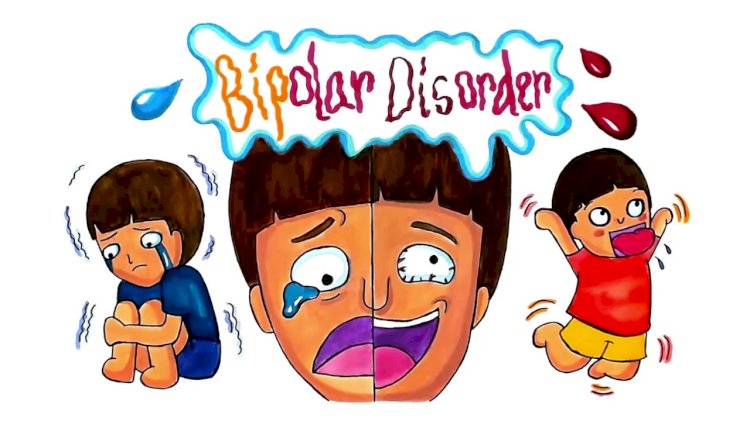Manic episodes in bipolar teenagers
Apr 11, 2023
This essay explores the causes and effects of manic episodes in teenagers with bipolar disorder. The first section examines some common triggers that can lead to a manic episode, such as stress, genetics, and environmental factors. Understanding these potential triggers is important so that appropriate interventions can be put in place to help prevent an episode from occurring. The second section looks at the signs and symptoms of a manic episode and how they can differ between teens and adults. Finally, this essay will discuss treatment options for managing manic episodes in young people with bipolar disorder, including medications, lifestyle changes, and psychosocial therapies. With adequate support from health professionals and family members, adolescents who have bipolar disorder are able to live healthy lives.
The onset of teenage years is often marked by increased levels of stress, as teens juggle the demands of school and social life. For young people with bipolar disorder, this period can be especially difficult as their bodies and minds are in a state of flux. During times of heightened stress or excitement, it is possible for teenagers to experience manic episodes, which include symptoms such as extreme energy, racing thoughts and impulsive behavior.
Genetics also play an important role in triggering manic episodes. If one or both parents have bipolar disorder, there is a greater likelihood that their children will develop the condition too. Additionally, environmental factors such as exposure to trauma or substance abuse can act as triggers for manic episodes in teenagers with bipolar disorder.

The signs and symptoms of a manic episode can differ between teens and adults. In teenagers, symptoms may include increased energy levels, difficulty sleeping, irritability, poor concentration and impulsivity. Additionally, some teens may become overly talkative or have grandiose ideas about their abilities and importance.
There are several treatment options available for managing manic episodes in adolescents with bipolar disorder. Medications such as antipsychotics and mood stabilizers can be helpful in reducing the intensity of symptoms and preventing further episodes from occurring. Other treatments such as lifestyle changes (such as regular exercise) and psychosocial therapies (such as cognitive-behavioral therapy) can also be beneficial in helping young people manage their condition more effectively.
With proper care and support from health professionals and family members, teenagers who have bipolar disorder are able to live healthy, productive lives. By understanding the potential triggers for manic episodes and recognizing their signs and symptoms, it is possible to put in place appropriate interventions that can help reduce their intensity and duration. With the right treatment in place, young people with bipolar disorder can learn to manage their condition more effectively so that they can focus on achieving their dreams and reaching their full potential.
